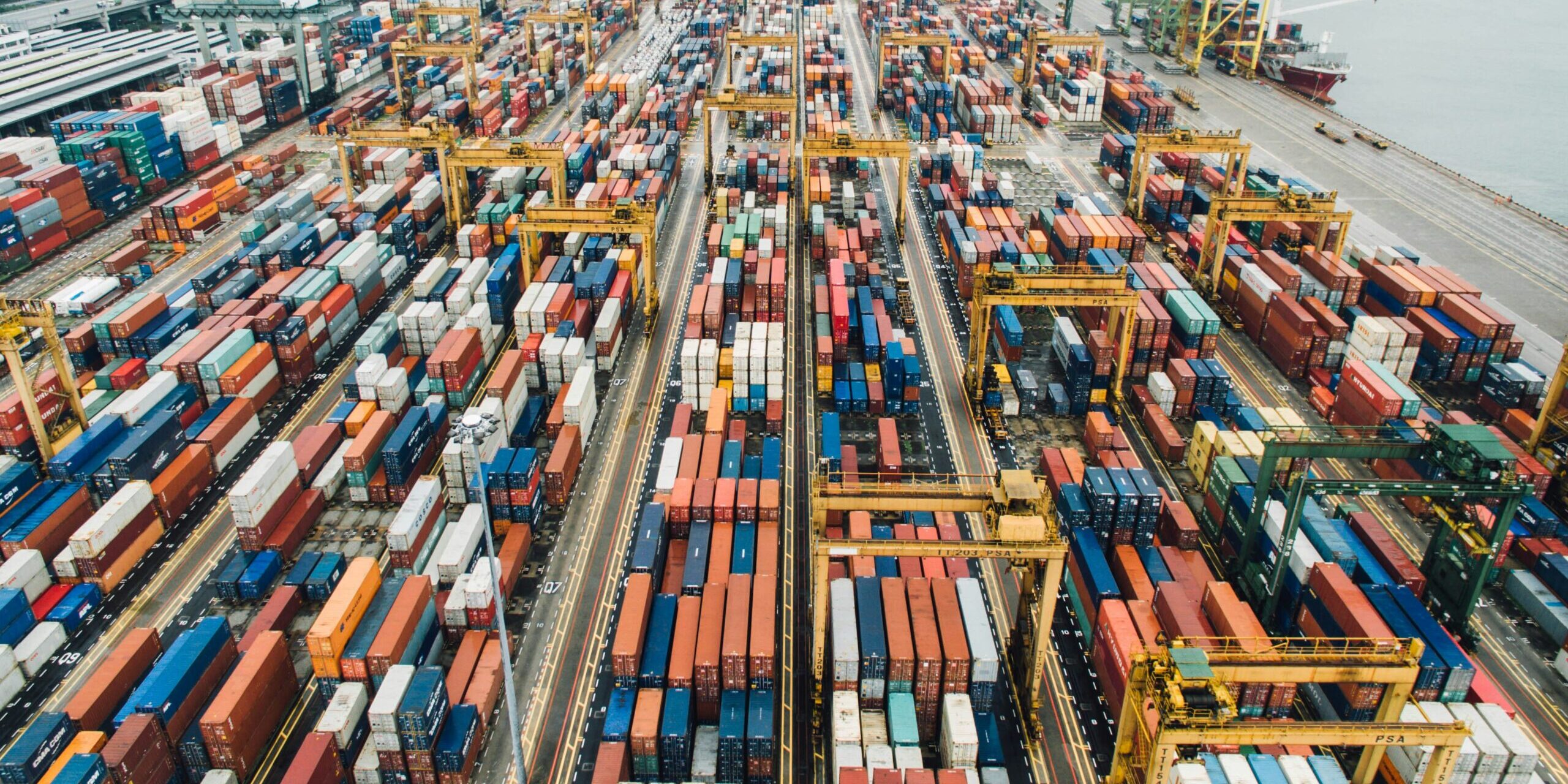Amidst the turbulent waters of the past few years, the supply chain and logistics sector has shown remarkable resilience, navigating through pandemic-induced disruptions and economic instability. As the industry reflects on lessons learned during these challenging times, it is also embracing new technologies and business models to fortify its operations and prepare for future disruptions.
During a panel session at the Manifest conference in Las Vegas, industry experts discussed the unprecedented challenges faced by supply chain companies and the strategies adopted to overcome them. Ashley Yentz, Vice President of Supply Chain Strategy at a smart bed retailer, highlighted the impact of the pandemic on supply chains, citing the surge in demand for household goods and the chip shortage as significant challenges that required swift resolution.
Tim Judge, President and CEO of a provider of supply chain analytics software and consulting, echoed Yentz’s sentiments, emphasizing the widespread effects of supply chain disruptions across various industries, from automotive to consumer goods.
Third-party logistics (3PL) companies faced their own set of challenges, with Gary Allen, Vice President of Supply Chain Excellence at a leading 3PL, emphasizing the imperative to keep goods moving despite slowdowns in certain manufacturing segments and port congestion.
The strains experienced by the industry shed light on its critical role in global commerce, as Nura Kruciak, Vice President at a logistics company, noted. The increased visibility of supply chain issues in mainstream media underscored the industry’s significance in keeping essential goods flowing.
Looking ahead, the focus is on enhancing supply chain resilience and flexibility. Industry leaders are re-evaluating inventory management practices, considering alternatives to just-in-time inventory, and exploring strategies to optimize warehouse space usage.
While technology and automation play a crucial role in streamlining operations, there is recognition that human expertise remains essential. As warehouses adopt advanced technological solutions, the integration of AI and data analytics is becoming increasingly vital to modern logistics.
Geopolitical factors also shape the industry landscape, with discussions around nearshoring and reshoring manufacturing operations. The pandemic has accelerated trends towards onshoring certain manufacturing activities, particularly in high-tech industries.
Despite the challenges, there is optimism for the future. Industry leaders anticipate improvements in business climate and economic growth, leveraging data analytics to predict and mitigate future disruptions.
As the industry navigates through uncertainty, one thing remains certain: the need for continuous adaptation and innovation to ensure the smooth functioning of global supply chains.
#ICTTMNews #BreakingNews #SupplyChainResilience #LogisticsInnovation #SupplyChainChallenges #IndustryInsights #EconomicForecast







